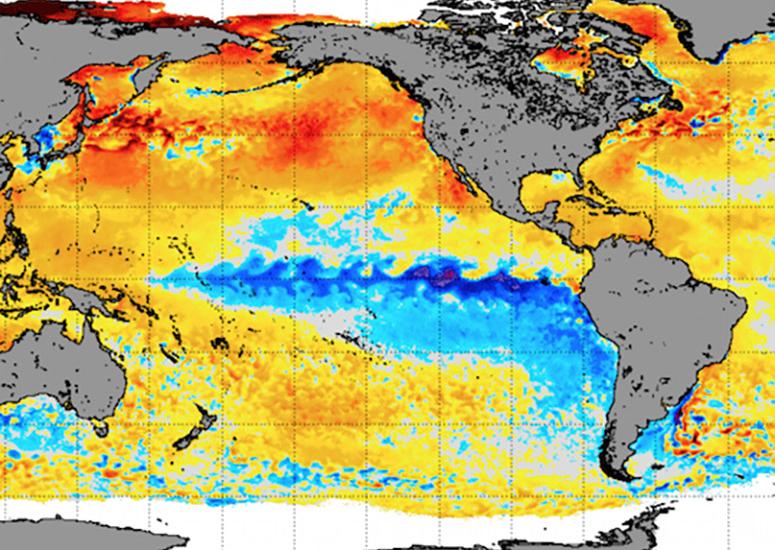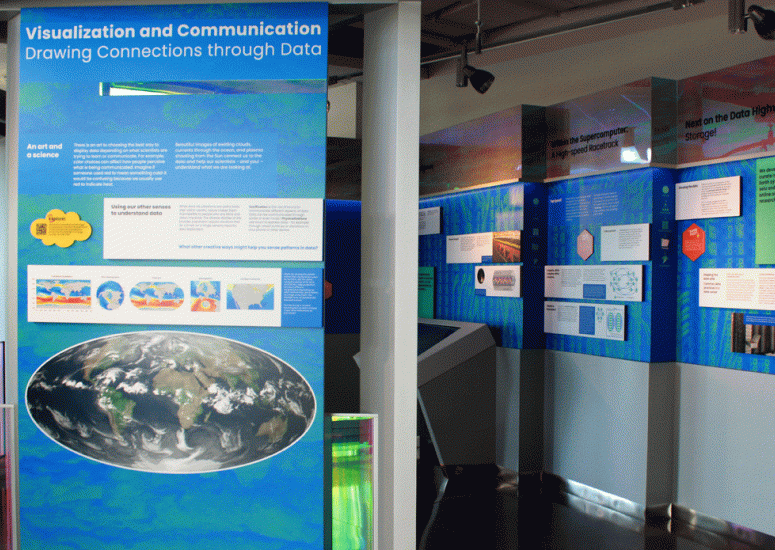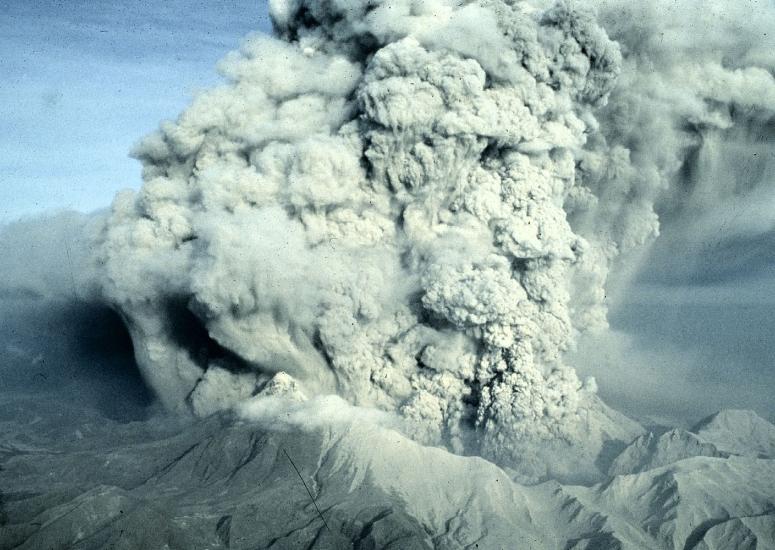-
High-res Western drought forecasts could be on horizon
A new computer modeling technique developed by NCAR scientists offers the potential to generate months-ahead summertime drought forecasts across the Western United States with the capability of differentiating between dry conditions at locations just a couple of miles apart.
- Climate,
- Water
-

NCAR scientist Richard Rotunno elected to National Academy of Sciences
National Center for Atmospheric Research (NCAR) scientist Richard Rotunno has been named a new member of the National Academy of Sciences, a distinguished honor given to those who have achieved excellence in research.
- Weather
-

Australian bushfires likely contributed to multiyear La Niña
The catastrophic Australian bushfires in 2019-2020 contributed to ocean cooling thousands of miles away, ultimately nudging the Tropical Pacific into a rare multi-year La Niña event that dissipated only recently.
- Climate
-

NCAR redesigns visitor center at Wyoming supercomputing facility
The visitor center at the NCAR-Wyoming Supercomputing Center has been completely redesigned and is reopening to the public on May 15.
- Data,
- Education + Outreach,
- Supercomputing
-

Predictive power of climate models may be masked by volcanoes
Simulated volcanic eruptions may be blowing up our ability to predict near-term climate, according to a new study published in Science Advances.
- Climate
